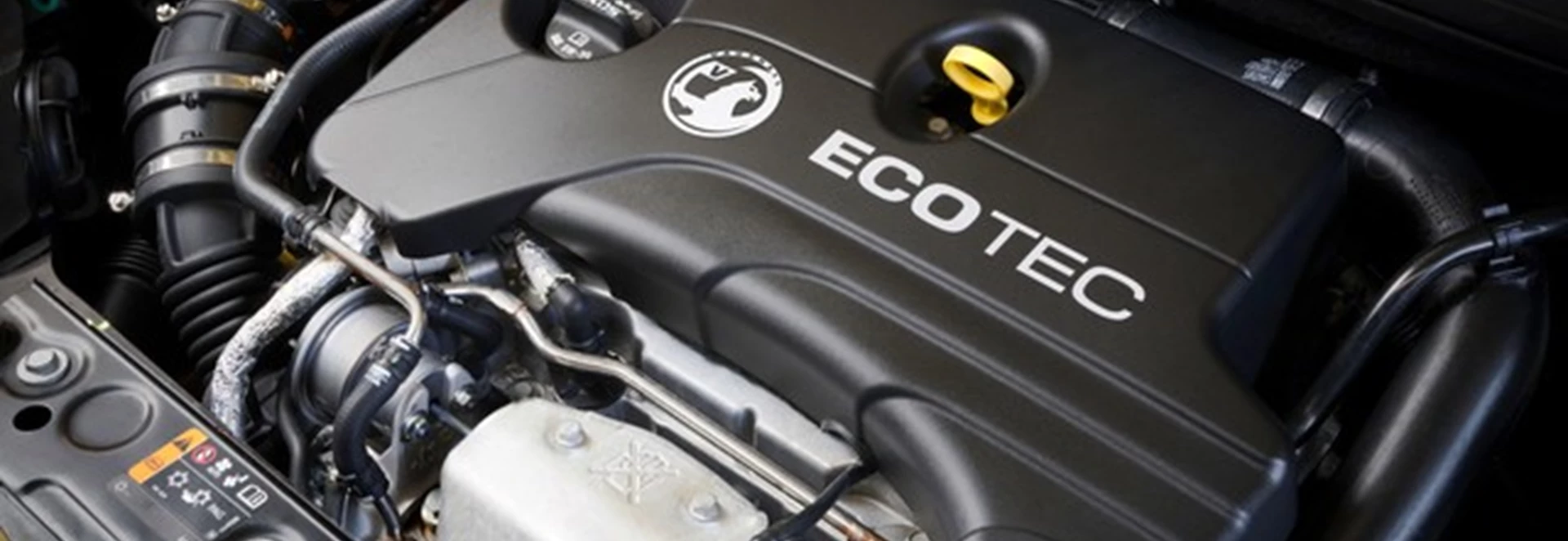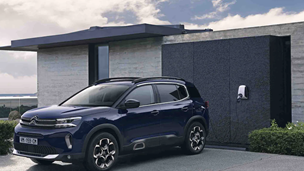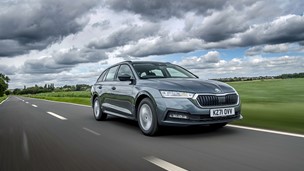A recent trend of the British car market is the offering of a three-cylinder petrol engine by several manufacturers.
In the past, larger four-cylinder engines were more popularly offered for superminis and family cars. However, recent advancements in engine technology has led more and more manufacturers to offer units which are smaller and more efficient than their larger counterparts.
These newer, smaller units can offer equal or greater performance figures comparatively, usually thanks in large part to the use of turbochargers. They remain affordable as well, and all of these plus points have led to critical acclaim for virtually all of these recent new engines.
In this guide we highlight five of the finest three-cylinder petrol engines which are available on new cars currently sold in Britain.
Ford – 1.0-litre EcoBoost

Probably one of the most recognisable engine brand names around at the moment, the 1.0-litre EcoBoost is one of the earliest and finest examples of the modern breed of three-cylinder engines.
The amount of power this engine can deliver (up to 123bhp for the Fiesta) while staying cheap to run is quite remarkable. Ford has realised the great potential its 1.0-litre EcoBoost carries and has thus brought it to quite a lot of its current models. First introduced to the Focus and Fiesta, this engine can also be specified for other Fords including the B-MAX and the Mondeo.
When using the 99bhp 1.0-litre EcoBoost, the Ford Focus hatchback emits just 99g/km in CO2. This has made the Focus the first car in its class to undercut the 100g/km barrier, and achieve free Vehicle Excise Duty, without using an electric or hybrid powertrain.
Ford’s little EcoBoost engine has evidently impressed critics around the globe. This unit was crowned International Engine of the Year in 2012, 2013 and 2014.
Renault/Dacia – 0.9-litre TCe
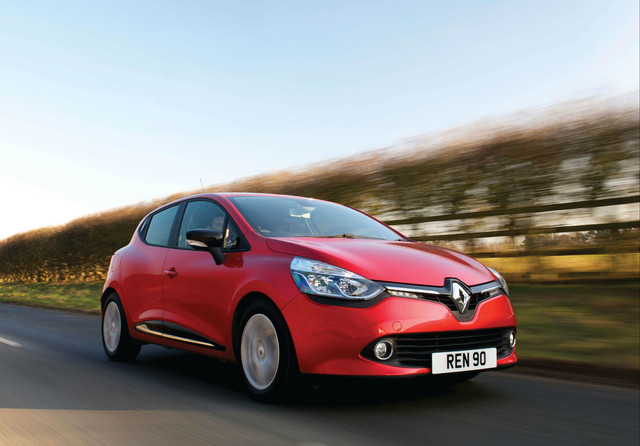
This turbocharged engine is available for Renault’s latest Clio supermini as well as the Captur crossover. Dacia, the Renault-owned budget brand, also offers this unit for the Sandero supermini and Logan estate. A non-turbocharged version of the same engine is also offered for the latest Renault Twingo city car.
Producing 89bhp, the 0.9-litre TCe offers an impressive amount of thrust considering its petite size. It’s also more powerful than some other three-cylinder engines on the current market. Whereas the Clio can cover the benchmark 0-62mph in 11.8 seconds with the 0.9 unit, other superminis with slightly larger engines will take about 14 seconds.
This engine is very efficient as well. In the Clio and Twingo, the 0.9 TCe is capable of averaging around 65mpg and CO2 emissions are at just 99g/km.
Vauxhall – 1.0-litre ECOTEC
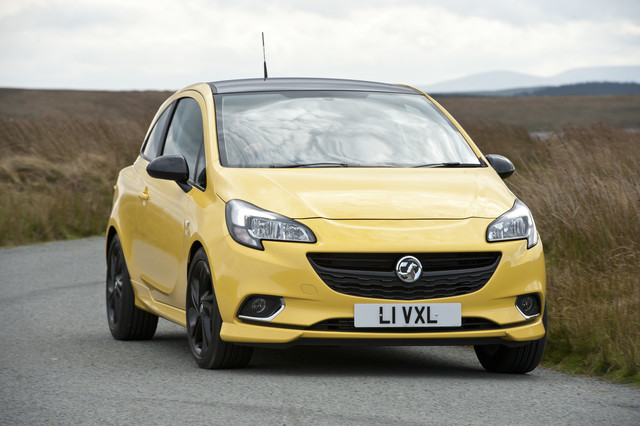
Available for the latest Corsa, ADAM and ADAM ROCKS AIR, this Vauxhall engine is a more recent entry to the stable of three-cylinder turbocharged petrol units. For Vauxhall, the 1.0-litre ECOTEC is a welcome and much needed response to other small units, especially Ford’s EcoBoost.
Available with outputs of 89bhp or 114bhp, the 1.0-litre ECOTEC in either form pulls strongly at low revs and it’s fantastically quiet as well.
Hooked up to a modern and slick six-speed manual gearbox as standard, the 1.0-litre ECOTEC in the Corsa can also use a Easytronic semi-automatic ‘box or a conventional automatic set-up.
Peugeot/Citroen/DS – 1.2-litre e-THP PureTech
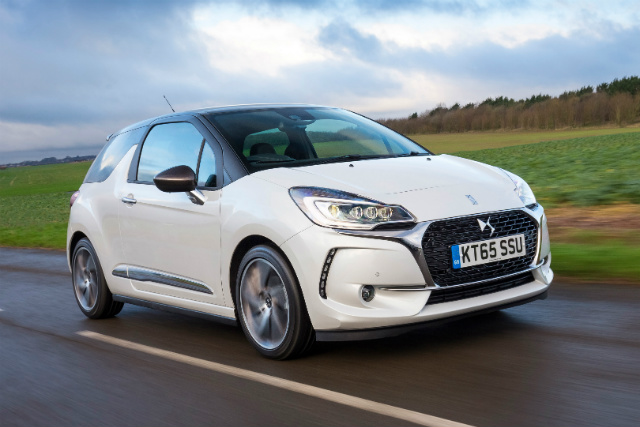
The 1.2-litre PureTech engine is described by its makers as a unit which gives you the power and performance of a 1.6-litre engine. It’s indeed the case that the amount of grunt and speed on offer from this unit is impressive.
It’s available for the Peugeot 308 hatchback and SW estate, as well as the Citroen C4 Cactus, Citroen C3 and the DS 3 hatchback and cabrio.
What particularly impresses about this engine is the pulling power at low rpm and how quiet it is to. Very respectable running costs is another advantage it carries. The cars which use this engine officially average around 60-plus mpg and CO2 emissions skirt just above 100g/km.
Volkswagen/SEAT/Skoda – 1.0-litre
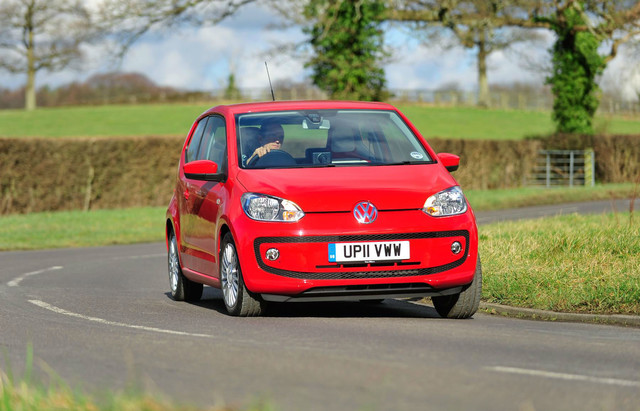
The Volkswagen Up city car, along with its SEAT Mii and Skoda Citigo siblings, all use a 1.0-litre three-cylinder petrol engine and it offers all the performance you’d hope for from an affordable small car.
For all three of the city cars it’s used for, the Volkswagen Group’s 1.0-litre engine offers two outputs of 59bhp and 73bhp. With either of these outputs, this unit proves very comfortable at commuting through a city.
It does lag a little when in first gear, especially the 59bhp variant, but it’s actually quite nippy once you work your way through the gears. When on the motorway, overtaking does feel like it takes effort, otherwise the engine feels comfortable in this situation.
The VW Group's 1.0-litre can be hooked up to a five-speed manual or automatic gearbox. We highly recommend picking the manual as it makes better use of the unit’s performance potential and offers a slick, pleasant gear change.
